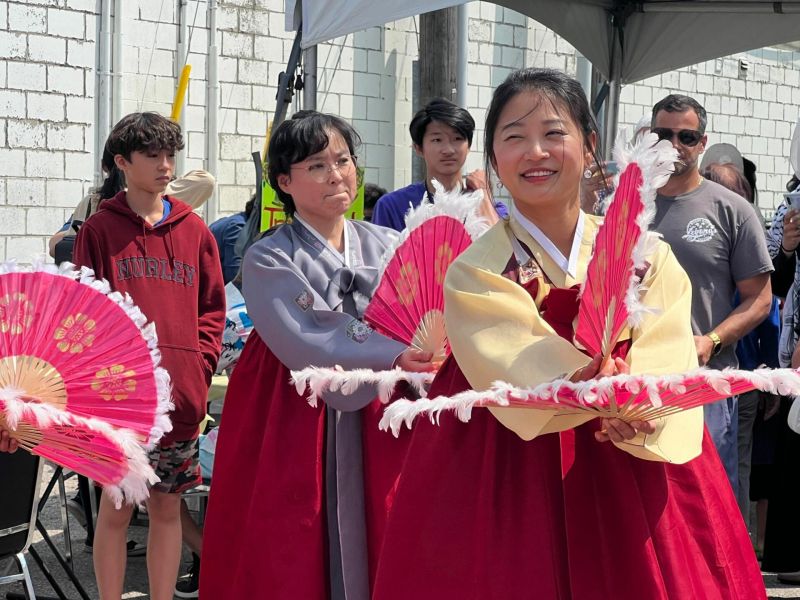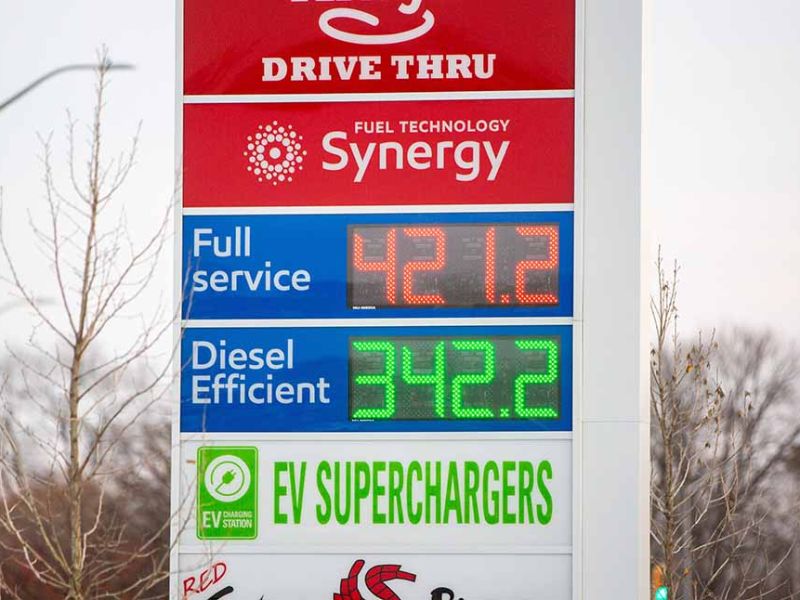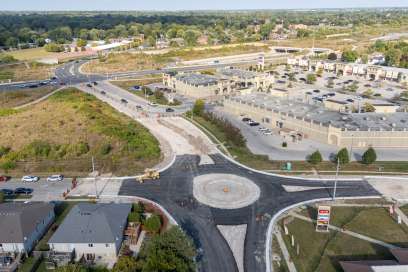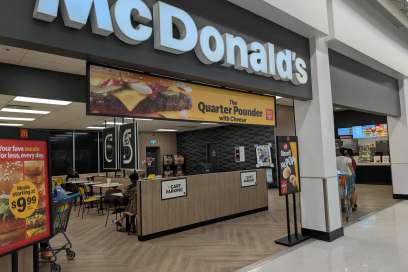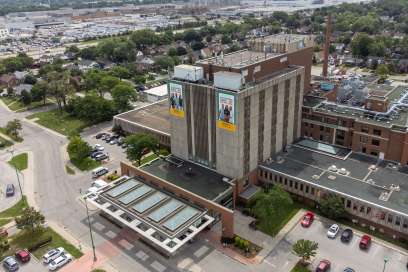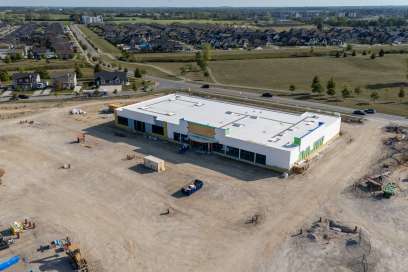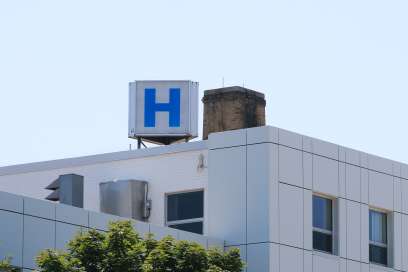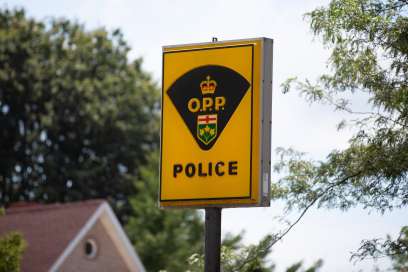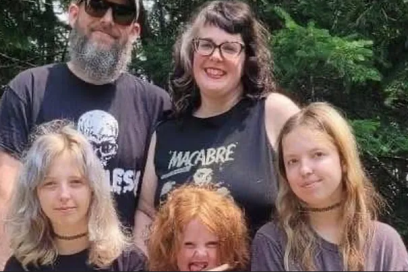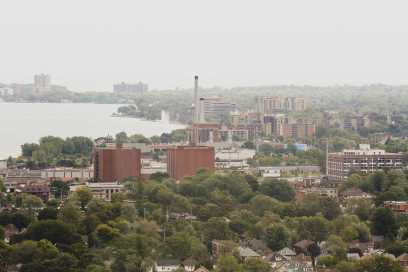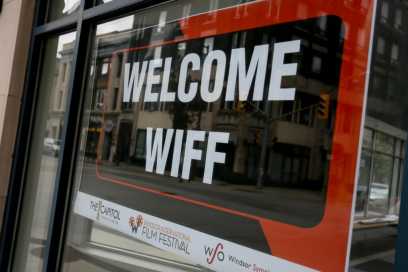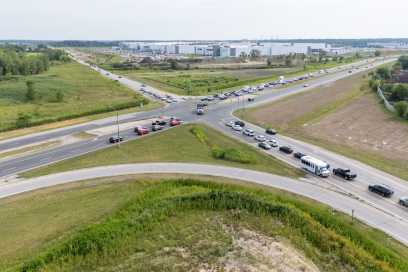Hôtel-Dieu Grace Healthcare Receives New Investments For Addictions Services
Tuesday June 14th, 2022, 6:51pm
Hello time traveller!!
This article is 1191 days old.
The information listed below is likely outdated and has been preserved for archival purposes.
Hôtel-Dieu Grace Healthcare has received a recent boost in support from the provincial government in the form of two significant investments for addiction services in response to COVID-19 and to contribute more broadly to the modernization of our Mental Health and Addiction system as a Centre of Excellence in Mental Health and Addictions.
The Withdrawal Management Services has received one-time funding from the Addictions Recovery Fund, which will enable the program to implement Intensive Bed-Based Addiction Services. This funding, which will support the initiative in the 2022/2023 and 2023/2024 fiscal years, will support the opening of two intensive beds in our residential Withdrawal Management program specific to clients with severe substance dependency with anticipated medical needs.
This funding will introduce two of these specialized beds, which will be very valuable for Windsor-Essex as there are very few types of these beds across the entire province. There will be recruitment for additional Registered Practical Nurses (RPNs) to join the WMS team in order to provide specialized and comprehensive medical care to this population. This RPN role will complement the existing resources within WMS, including addiction counselors, addiction physicians, nurse practitioners, psychiatrists and pharmacy.
HDGH currently offers a 20-bed live-in (bedded) withdrawal facility and community-based outreach withdrawal services for those who wish and are safe to withdraw in their home or other environment. WMS is an essential part of the addiction care pathway and is a natural access point for those seeking treatment where individuals are linked with other longer-term forms of treatment and support services.
They have also received permanent funding for a new and unique service in support of a comprehensive and modern Mental Health and Addiction system that reflects the principles of equity, diversity and inclusivity.
In order to close gaps in services and to support the local Indigenous population, HDGH has received funding to create a new role called an Indigenous Peer Support Service Worker within MHA services. This role is part of an effort to improve access to and quality of addictions services through the Roadmap to Wellness.
The Indigenous Peer Support Services Worker will provide addiction and concurrent disorder support and advocacy for patients, caregivers, and their families. This person will draw on their own personal or family-based lived experience in order to guide others as they consider their unique goals. This role has a different focus in comparison to the Indigenous Navigator roles that are in place at local hospitals, but the services will work complementary to one another.
The demand and service availability for both of these services, especially the temporary Intensive Bed-Based Addiction Services, will be closely evaluated throughout the duration of the funding for future planning.


